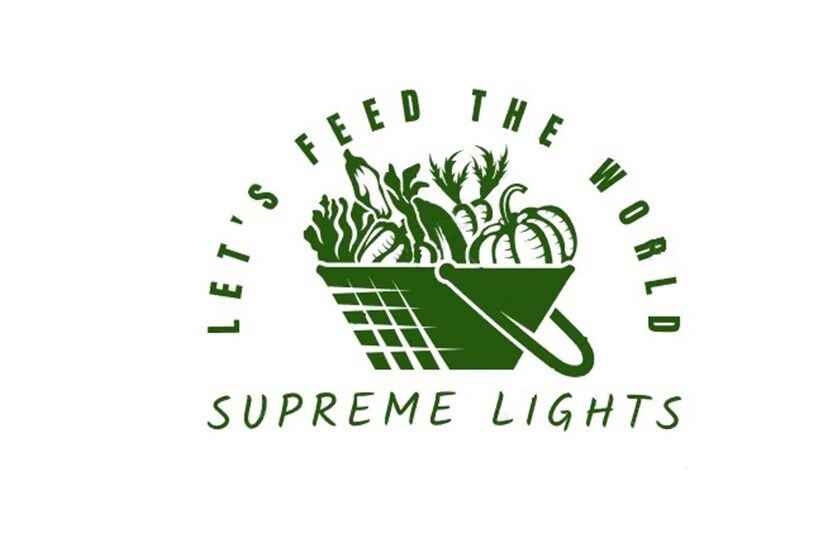Agricultural farming, often simply referred to as farming, is the practice of cultivating crops and raising livestock for the purpose of producing food, fiber, and other agricultural products. It is a fundamental and ancient human activity that plays a crucial role in providing sustenance and raw materials for various industries.
Here are some key aspects of agricultural farming:
Crop Cultivation: This involves the planting, nurturing, and harvesting of crops such as grains (wheat, rice, corn), vegetables, fruits, and various other plants. The choice of crops depends on factors like climate, soil type, and market demand.
Livestock Farming: In addition to crop cultivation, many farmers raise livestock, including cattle, poultry, pigs, and sheep. Livestock farming provides meat, dairy products, and other animal-derived goods.
Agribusiness: Farming has evolved into a complex industry known as agribusiness. It encompasses a wide range of activities, including seed production, irrigation, pest control, transportation, and food processing. Agribusiness also includes the sale and distribution of agricultural products.
Sustainable Farming: Modern agriculture faces the challenge of producing food to meet the growing global population’s needs while minimizing negative impacts on the environment. Sustainable farming practices seek to balance productivity with environmental stewardship. This involves practices like crop rotation, organic farming, and reduced pesticide usage.
Technology and Mechanization: Advances in agricultural technology and machinery have greatly increased the efficiency of farming. Tractors, harvesters, and irrigation systems are just a few examples. Precision agriculture, which employs GPS and data analytics, is becoming more common.
Global Agriculture: Agriculture is a global industry, with different regions specializing in specific crops and livestock based on their climate and resources. International trade plays a significant role in the exchange of agricultural products between countries.
Challenges faced in Agricultural Farming:
Agriculture faces several challenges, including climate change, water scarcity, soil degradation, and the need for sustainable practices. Farmers must also deal with market fluctuations, pests, and diseases that can threaten their crops and livestock.
Government Policies:
Many governments around the world implement policies and regulations to support and regulate the agricultural sector. These policies can include subsidies, price controls, and environmental regulations.
Organic Farming:
Organic farming is a growing movement that emphasizes natural and sustainable methods, avoiding synthetic pesticides and fertilizers. It aims to produce food with minimal impact on the environment.
Small-Scale Farming:
Small-scale and subsistence farming is prevalent in many parts of the world, especially in developing countries. These farmers often rely on traditional techniques and have limited access to resources and technology.
Agricultural farming is a diverse and critical industry, contributing to food security and the global economy. It continues to evolve as farmers adopt new practices and technologies to meet the challenges of the 21st century.
